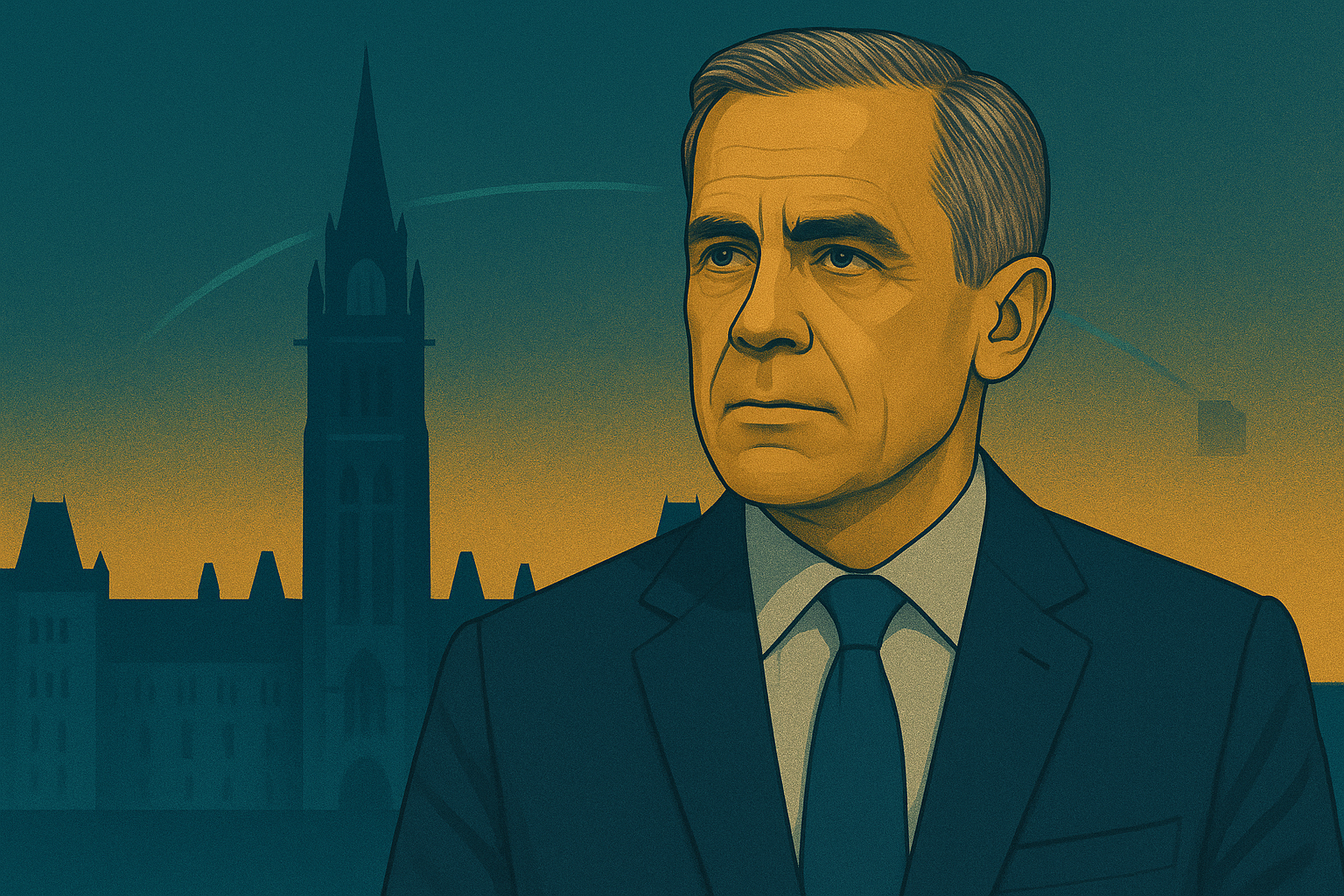Canada will resume trade talks with the United States “when it’s appropriate,” Prime Minister Mark Carney said at the G20 Summit in Johannesburg, indicating that Ottawa is taking a measured approach to re-engagement after a politically charged pause in negotiations.
Carney told reporters he had “no burning issue” to raise with President Donald Trump at present, adding, “We are very busy with the future of Canada, and with new partnerships. There will be conversations with the president, probably in the next two weeks. We will re-engage when it’s appropriate,” according to Reuters.
Trade talks were suspended last month by the Trump administration following an anti-tariff advertisement run by Ontario’s provincial government. Canada has been seeking to negotiate lower US tariffs on steel, aluminium, and automobiles — a key pressure point for Canadian manufacturers since Washington re-imposed levies earlier this year.
Despite the pause, Carney stressed that dialogue remains open: “When America wants to come back and have the discussions on the trade side, we will have those discussions.”
For Canada, the stance reflects a deliberate strategy to control the pace and optics of the negotiation process. By signalling no urgency, Carney positions Ottawa as confident in its trade footing and focused on diversification beyond its southern neighbour.
Canadian exporters, particularly in steel and automotive sectors, are monitoring developments closely. Analysts note that a delayed resumption may sustain uncertainty in cross-border supply chains, but could also strengthen Canada’s bargaining position if it builds momentum through alternative trade partnerships in Europe and Asia.
The United States remains Canada’s largest trading partner, with bilateral goods trade worth more than C$900 billion in 2024. Any recalibration of tariffs would directly influence investment flows and price competitiveness for manufacturers on both sides of the border.
Carney’s emphasis on “appropriate timing” suggests a pragmatic wait-and-see approach — one that balances domestic political optics with the realities of an unpredictable US policy environment. Businesses reliant on integrated North American supply chains are likely to continue scenario planning in anticipation of talks resuming before year-end.




